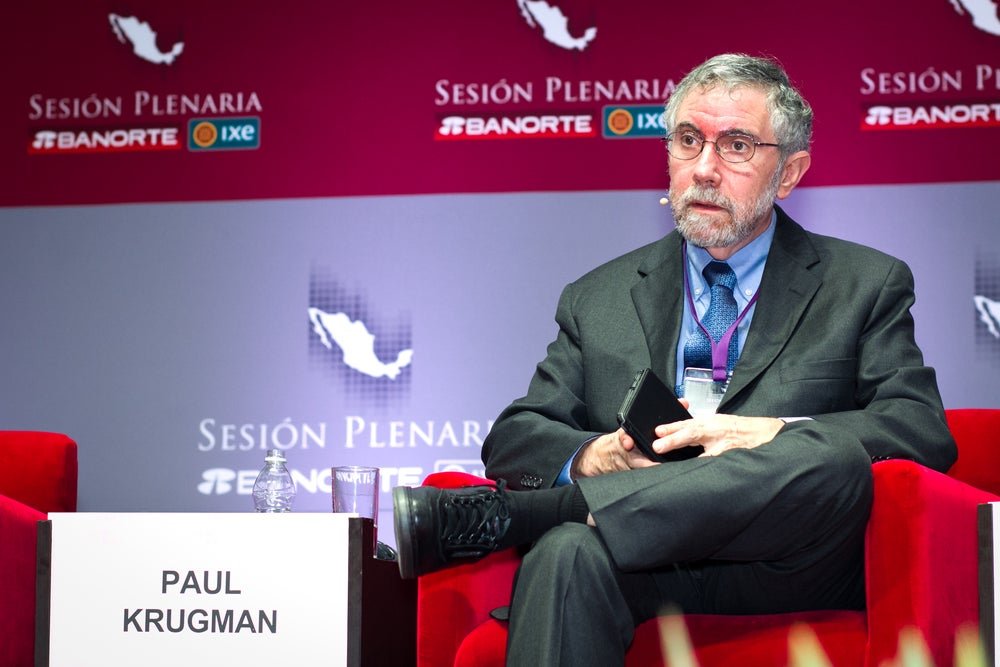Bristol-Myers Squibb’s short percent of float has seen a significant decrease of 11.19% since its last report. The company recently announced that it has 24.10 million shares sold short, accounting for 1.19% of all regular shares available for trading. Based on the trading volume, it would take traders an average of 1.39 days to cover their short positions.
Short interest refers to the number of shares that have been sold short but have not been covered or closed out. Short selling occurs when a trader sells shares of a company they do not own, hoping that the price will fall. Traders profit from short selling if the stock price decreases, but they incur losses if it rises.
Tracking short interest is crucial as it can serve as an indicator of market sentiment towards a particular stock. An increase in short interest suggests that investors have become more bearish, while a decrease indicates a more bullish outlook.
Examining the graph above, it is evident that the percentage of shares sold short for Bristol-Myers Squibb has declined since the last report. However, this does not necessarily imply that the stock will rise in the near-term. Traders should be aware that fewer shares are being shorted, but other factors should be taken into consideration for a comprehensive analysis.
Comparing Bristol-Myers Squibb’s short interest to its peers is a popular technique among analysts and investors to assess the company’s performance. Peers are companies with similar characteristics, such as industry, size, age, and financial structure. These comparisons can be found in a company’s 10-K, proxy filing, or through independent similarity analysis.
According to Benzinga Pro, Bristol-Myers Squibb’s peer group has an average short interest as a percentage of float of 3.62%. This indicates that the company has less short interest compared to most of its peers.
It is interesting to note that increasing short interest can actually be bullish for a stock. This concept is explained in detail in a post by Benzinga Money, which highlights the potential profits that can be made from short squeezes.
In summary, Bristol-Myers Squibb has experienced a decline in short percent of float, indicating a decrease in bearish sentiment towards the stock. Short interest is a valuable metric for assessing market sentiment, and comparing it to peers can provide further insights into a company’s performance. However, it is important to consider other factors when making investment decisions.





